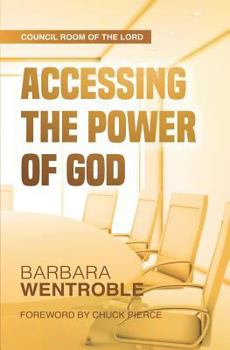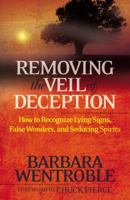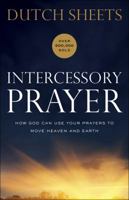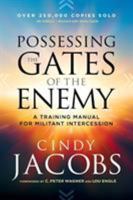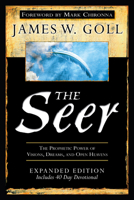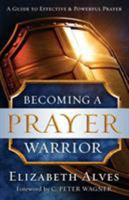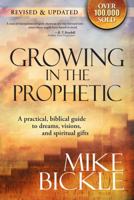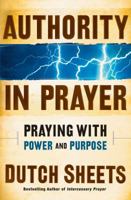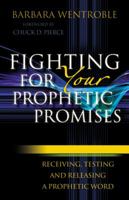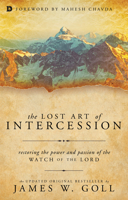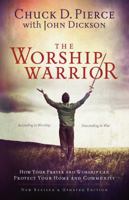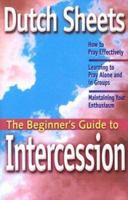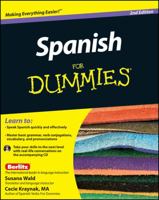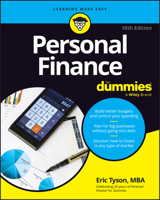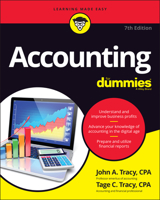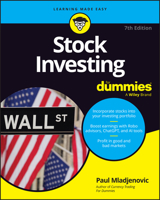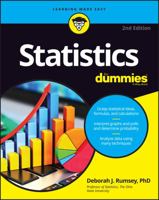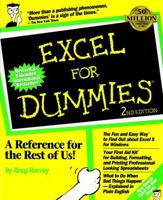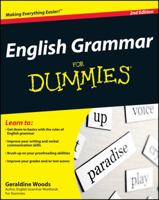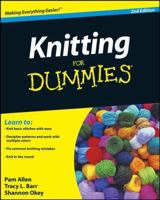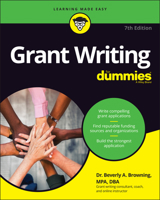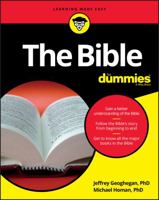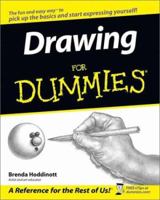Accessing the Power of God (The Council Room of the Lord) (Volume 1)
Select Format
Select Condition 
You Might Also Enjoy
Book Overview
Believers are awakening to a new revival that is sweeping Earth. In this powerful move of the Holy Spirit, many believers are embracing a different mindset. God created them to bring change on Earth! As ambassadors, God's ecclesia proclaim the will of God into Earth.The previous generation experienced a history-making, move of the Spirit. Even though the Charismatics brought in the power of the Holy Spirit in an explosive way globally, many Christians received teaching that life on Earth would be something to be endured. The longing in many hearts was to leave Earth and enjoy Heaven. The belief was that true peace and joy can only be found outside our natural world and enjoyed in the spiritual world, maybe sometime in the near future. Their goal was to try to live a godly life on Earth amid evil situations.In this new revival of the Spirit sweeping Earth, believers are awakening and entering into the Council Room of the Lord. The Council Room is exciting as it brings a dynamic communication and dialogue between the Lord and His sons and daughters. A revelation of the strategy for change is released to God's people.Accessing the Power of God takes the "mystery" out of encountering the presence of the Lord. It is more than soaking in His presence! It is more than focusing on our individual groups. An understanding of the supernatural authority God has for His people propels readers into a new level in the assignment for Earth.You are challenged to receive the power to access the Council Room of the Lord. Get ready to have a new invigorating partnership with the Lord, the King of the Universe, and release change to your sphere of influence in Earth!
Format:Paperback
Language:English
ISBN:1717216633
ISBN13:9781717216632
Release Date:April 2018
Publisher:Createspace Independent Publishing Platform
Length:72 Pages
Weight:0.19 lbs.
Dimensions:0.1" x 5.3" x 8.0"
Customer Reviews
5 customer ratings | 5 reviews
There are currently no reviews. Be the first to review this work.











